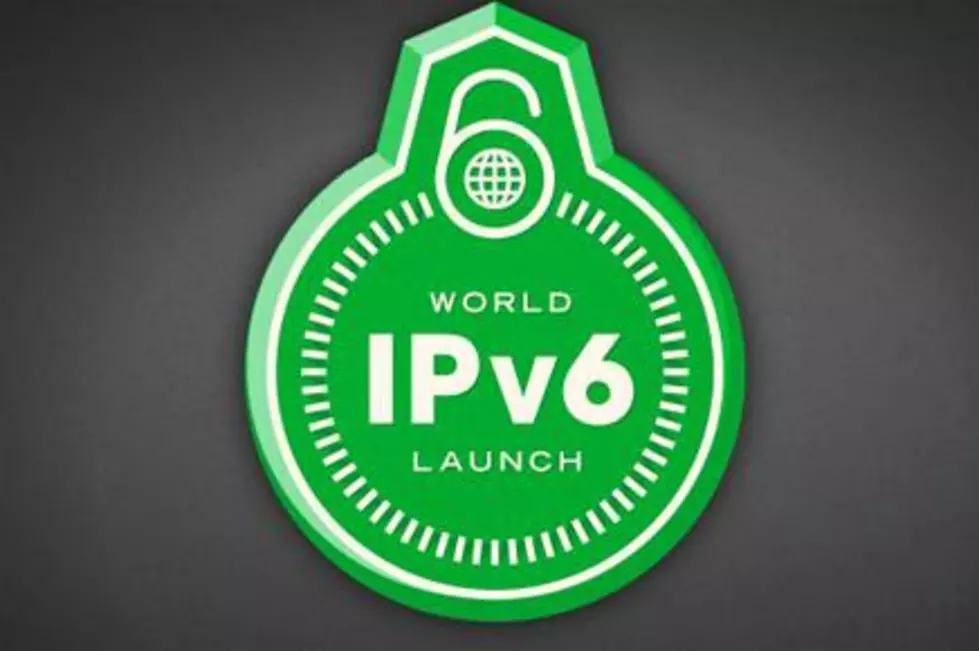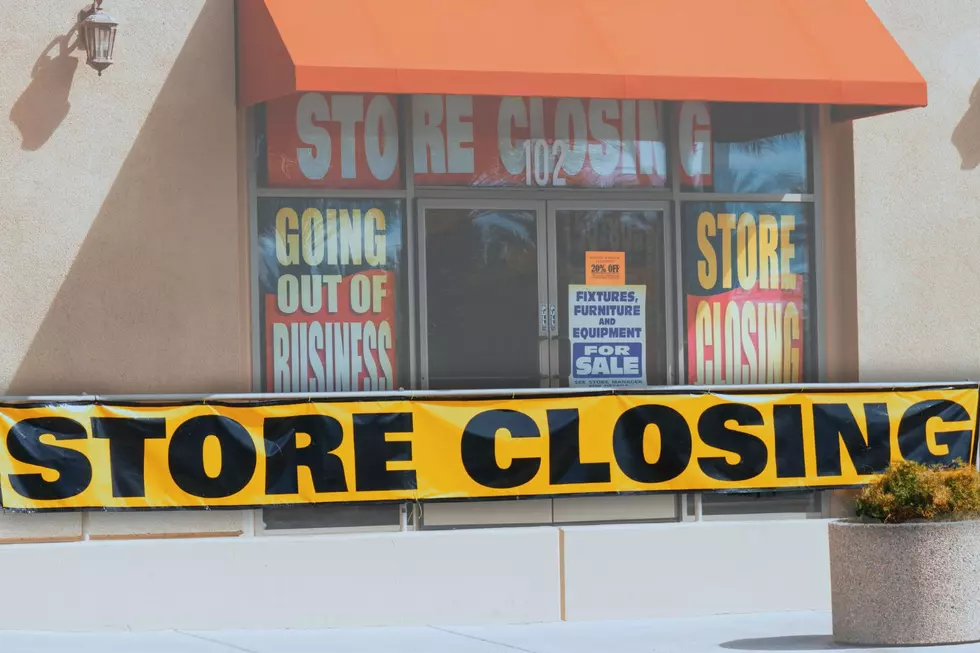
Internet Grows By Trillions of IP Addresses Thanks to IPV6
Thirty-five-years ago, when the US Defense Department laid the framework for what has become the internet, they realized that any device that was going to be hooked up to their innovation needed its own unique marker.
So they developed something called Internet Protocol version 4, which created 4.3 billion IP addresses for potential connected devices. While this seemed like way more than enough addresses back in 1977, last year IP addresses began running out.
To keep them going, internet providers starting doing things like assigning the same IP addresses to all the connected devices in a home or a small business. But that was just a temporary fix, and today Internet service providers, home networking equipment manufacturers and Web companies launched IPv6, which will expand the number of IP addresses there are to about 340 trillion trillion trillion.
While you probably haven't noticed any difference yet, this should eventually make the Web a bit faster, as it will no longer be necessary to distinguish between devices with the same IP address.
According to Tri Nguyen, a representative of router manufacturer ZyXEL, IPv6 has other benefits too. "All devices will be accessible on the public network," he explained. "[This makes] it easier for people to manage things like home automation, file sharing, online gaming, peer-to-peer programs and other applications without complex settings on their router." Nguyen added that this will also improve internet security.
IPv6 also means that when your brain is inevitably connected to the internet you won't have to share an IP address with a sibling, spouse or a classmate. Which is good, because that could get awkward.



